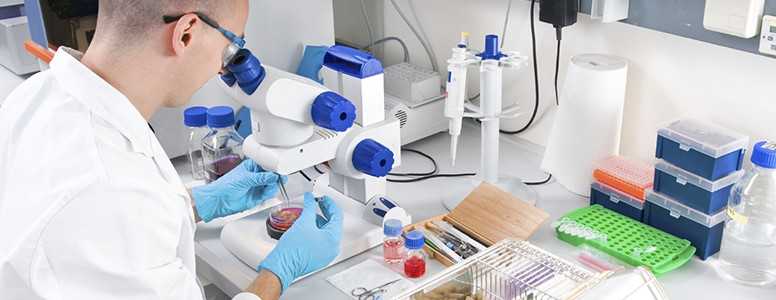Yale University has developed a synthetic process that will allow a key molecule to be studied involved in diabetes, inflammation and human aging.
Glucosepane is a cross-link product derived from glucose, and is considered to be a critical chemical link in both diabetes and aging. It contains a rare isomer of imidazole, which has never before been observed in natural molecules, other than those in the glucosepane family.
Due to glucasepane’s unusual structure and properties, there is a shortage of chemically homogenous glucosepane available for scientists to examine. Before this development, researchers had to endure time-consuming protocols to extract usable material.
According to senior author David Spiegel, glucosepene forms in all human beings during aging, and also forms during certain diseases, such as diabetes. Additionally, glucosepane is an independent risk factor for long-term microvascular complications in diabetes.
The new Yale process synthesizes glucosepane, which will allow researchers to study it more effectively. While several hypotheses have been proposed as to what role glucosepene might have in aging and diabetes, it is currently undetermined.
Spiegel said: “It is unknown what role glucosepane might play in aging and in these diseases. With access to synthetic glucosepane, we will now be able to generate tools to examine the role this molecule plays in human health and also, perhaps, develop molecules to inhibit or reverse its formation.”
Spiegel and his team believe this new synthesis could have applications beyond current research, and shed light on the formation of aging, inflammation and diabetes.
Dale L. Boger, Scripps Research Institute wrote in accompanying article in the journal Science that this study represents “an important, yet largely underexplored, frontier for chemistry with broad implications in human health. [Spiegel’s methodology] is important in its own right and will find applications well beyond that envisioned by the authors.”
What's new on the forum? ⭐️
Get our free newsletters
Stay up to date with the latest news, research and breakthroughs.







